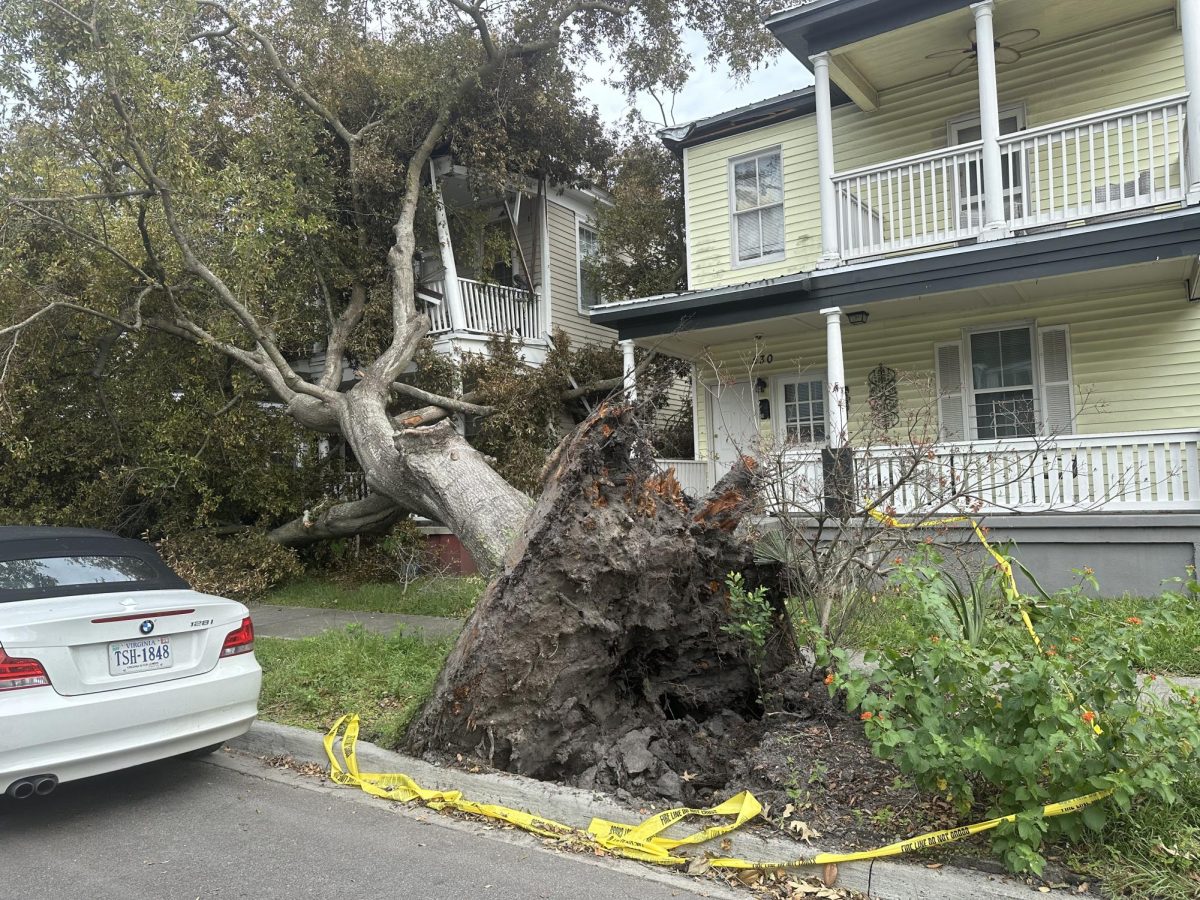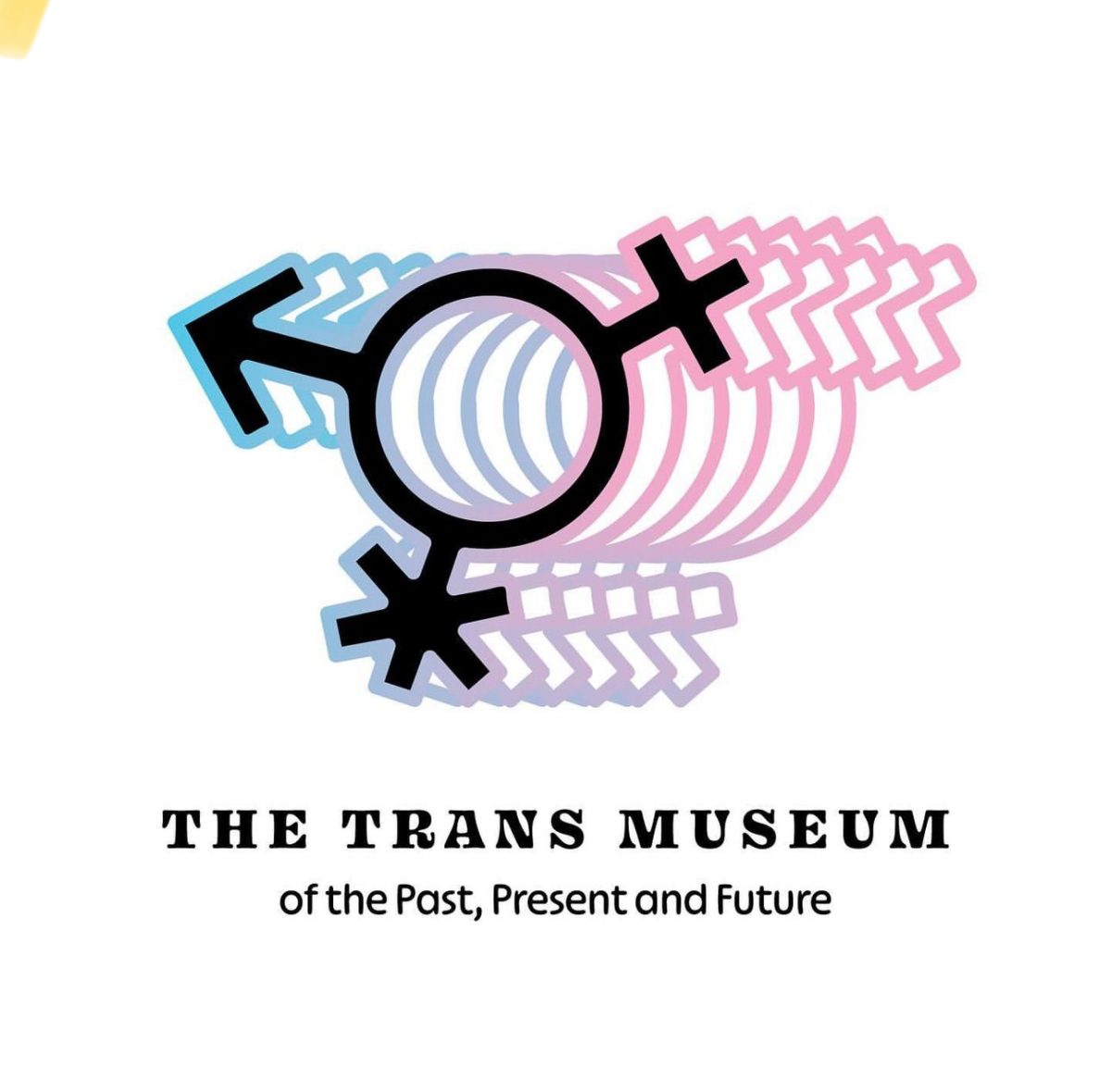By Alex Rawlins, Staff Writer
Oct. 23, Chapel Hill UNC professor of literature Eliza Richards gave a lecture that concerned the early stages of journalism. In particular, she focused on the Civil War era and the beginning of mass media, as well as the poetry of the Civil War and how it relates to journalism.
During the Civil War new technologies such as the telegraph, steam powered presses, and the railway were developed. In this time period, the news itself was news. Newspapers featured drawings of people reading the newspaper, in particular soldiers reading about themselves on the front lines.
There were also changes in photography that allowed photographers on the battlefield. However, Richards said “The only thing that people could capture during the war…were corpses” due to slow exposure rates. Richards said the Civil War, being the first war to occur after the advent of photographs (in this country at least) really changed the image of war.
For evidence of this she cited a particular painting of George Washington crossing the Delaware looking triumphant as he posed regally on the boat, with a beautiful sky in the background, and a American flag proudly waving from the stern of the ship. The image is glorious and brimming with patriotism.
Mathew Brady was a man who saw war photographs as a way to make money. He brought back an extensive set of photos from the aftermath of a battle to the Americans, the battle of Antietam. That battle is known as the ‘single bloodiest day in American history’ with casualties, missing and wounded which added up to around twenty-two thousand.
The shocking pictures of the battle include bodies piled and lined up in rows to be buried.
Pictures of the dead became the face of the war, as opposed to the clean and glorious paintings created in the past.
The Library of Congress ended up with Brady’s collection, which means the photographs are still in rather good condition.
Richards also spoke about the poetry of the war, in particular she spoke of Walt Whitman. During the war he went to the bedside of soldiers in hospitals as an attempt to comfort. He would write down their stories, some of which would then become poems. Richards has also made efforts to have Emily Dickinson classified as a Civil War poet, citing a poem called “My Portion is Defeat-Today”, which is told from the perspective of a fallen soldier.
Richards is an accomplished scholar and a interesting speaker. She took a subject that many people would deem dull and made it highly entertaining. There were certainly more pictures of dead bodies than one would have expected.




